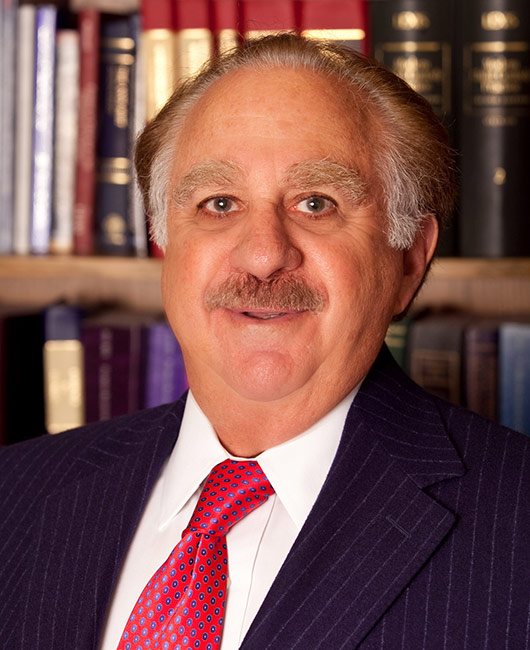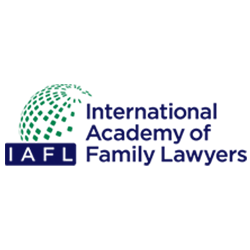Reliable answers from a highly qualified attorney in Miami
International family law is complicated and usually involves more than one set of laws and regulations. At The Law Offices of Lawrence S. Katz, P.A., we believe that an informed client is an empowered client. We are committed to giving you the information you need to make the best decisions for your family. Below are answers to some of the most frequently asked questions in interstate family law:
- Why do I need an international family law attorney?
- How does divorce affect cross-cultural families?
- Is my foreign decree valid in the United States?
- What if my spouse flees with our child to another country?
Depend on our extensive experience in complex international family law
Our international family law attorney has been AV® Preeminent™ Peer Review Rated by Martindale-Hubbell® since 1976. He has the experience to handle even the most complicated international family law issues. Call us today at 305-670-8656 or contact us online to schedule a consultation to discuss your case.
Why do I need an international family law attorney?
International family law issues are complicated by the variations and interplay of the cultures, laws, treaties, agencies and courts involved. Family lawyers who do not regularly handle international cases generally have little knowledge of these factors. At The Law Offices of Lawrence S. Katz, P.A., we have a broad range of experience across cultures, and we are familiar with different legal systems around the world. We frequently receive referrals for international family law cases from other attorneys and judges.
How does divorce affect cross-cultural families?
Traditions and beliefs vary greatly among cultures worldwide. Besides the stigma of divorce in some cultures, parties may also have to deal with immigration and international relocation issues. We have a broad range of experience helping families deal with cross-cultural issues and a network of connections to further assist us.
Is my foreign decree valid in the United States?
The Uniform Child Custody Jurisdiction and Enforcement Act allows for the registration and enforcement of foreign custody decrees in U.S. courts. You must comply with the procedures in the UCCJEA to have the decree recognized and enforced. Our international custody attorney can help you get your foreign decree registered and enforced in the United States.
What if my spouse flees with our child to another country?
You may petition to invoke the protection of the Hague Abduction Convention if the other parent wrongfully removed or retained your child in violation of your rights of custody. When the Hague Abduction Convention does not apply, the International Parental Kidnapping Crime Act makes it a federal criminal offense for a parent to wrongfully remove or retain a child outside U.S. borders with the intent to obstruct the left-behind parent’s custodial rights. Our experienced international child abduction attorney has mentored, consulted or been counsel of record in more than 300 Hague Abduction Convention and child abduction cases. He has successfully returned hundreds of children to their habitual residence and the left-behind parent or custodian. Mr. Katz was the first, and in the majority of cases, the only U.S. attorney to recover children from Turkey, (non-Hague) Iran, Saudi Arabia and Japan and to return children to Haiti, Jamaica, Bahamas, Russia, Trinidad and Tobago.








